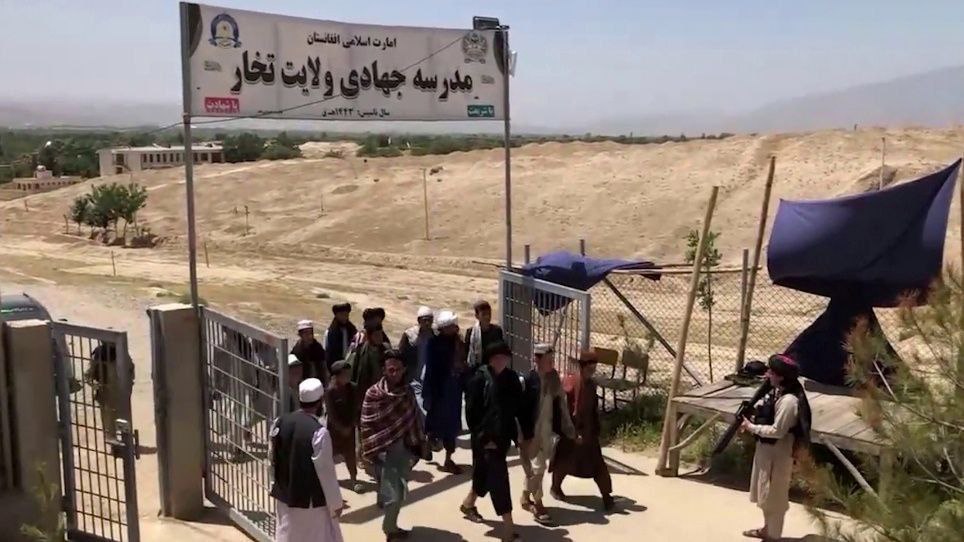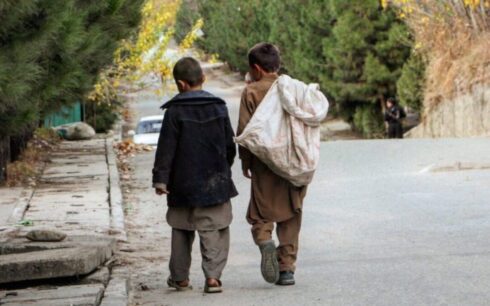KABUL, Afghanistan — Over the past three months, Taliban have inaugurated or initiated construction on 14 religious seminaries, known as madrasas, across nine of Afghanistan’s 34 provinces, with the aim of expanding religious education in the country.
The Taliban-run Ministry of Education has periodically announced the establishment of these institutions, which have been built predominantly in the provinces of Ghazni, Baghlan, and Badakhshan.
According to data compiled by Amu, the construction of these madrasas has cost over 50 million Afghanis ($740,000). Among the newly established seminaries are Shams ul-Madaris in Baghlan, Shams ul-Uloom in Ghazni, and Dawat ul-Qur’an wa al-Sunnah and Imam Hussein madrasas in Badakhshan. Other projects include the Bibi Maria madrasa in Farah and the Bibi Aisha madrasa in Ghazni. The construction of additional religious schools has recently commenced in provinces such as Nangarhar, Parwan, Balkh, and Bamiyan.
These developments have drawn significant criticism from Afghan citizens, who argue that the Taliban are prioritizing religious education at the expense of general education. Many residents say the Taliban should focus on building regular schools instead of madrasas, especially as millions of girls and women remain deprived of basic education.
Najia, a resident of Ghor, said, “The construction of religious schools has increased. Instead of focusing on improving general education, the Ministry of Education is focusing on building madrasas. The public also needs regular schools, but the Taliban have banned girls from attending schools.”
Since retaking power in 2021, the Taliban have shut down secondary schools for girls, effectively preventing them from pursuing higher education. However, they have continued to operate religious schools for both boys and girls, allowing women and girls to study in madrasas without restriction. According to official figures from the Taliban’s Ministry of Education, the number of religious schools across Afghanistan now exceeds 21,000, with around three million students currently enrolled.
Analysts suggest that the Taliban’s focus on expanding religious education may be part of a strategy to secure loyalty and promote their ideological views among younger generations. Critics argue that these institutions are being used as platforms for promoting extremism, raising concerns about the long-term impact on Afghan society.
The expansion of religious seminaries comes amid widespread concerns that the Taliban are undermining Afghanistan’s general education system by focusing almost exclusively on religious studies. In a country where education infrastructure has long struggled to meet basic needs, many view the Taliban’s investment in religious schools as neglecting the broader educational requirements of the Afghan population. Despite these concerns, the Taliban continue to emphasize the role of religious education, leaving questions about the future of secular schooling in Afghanistan unanswered.





